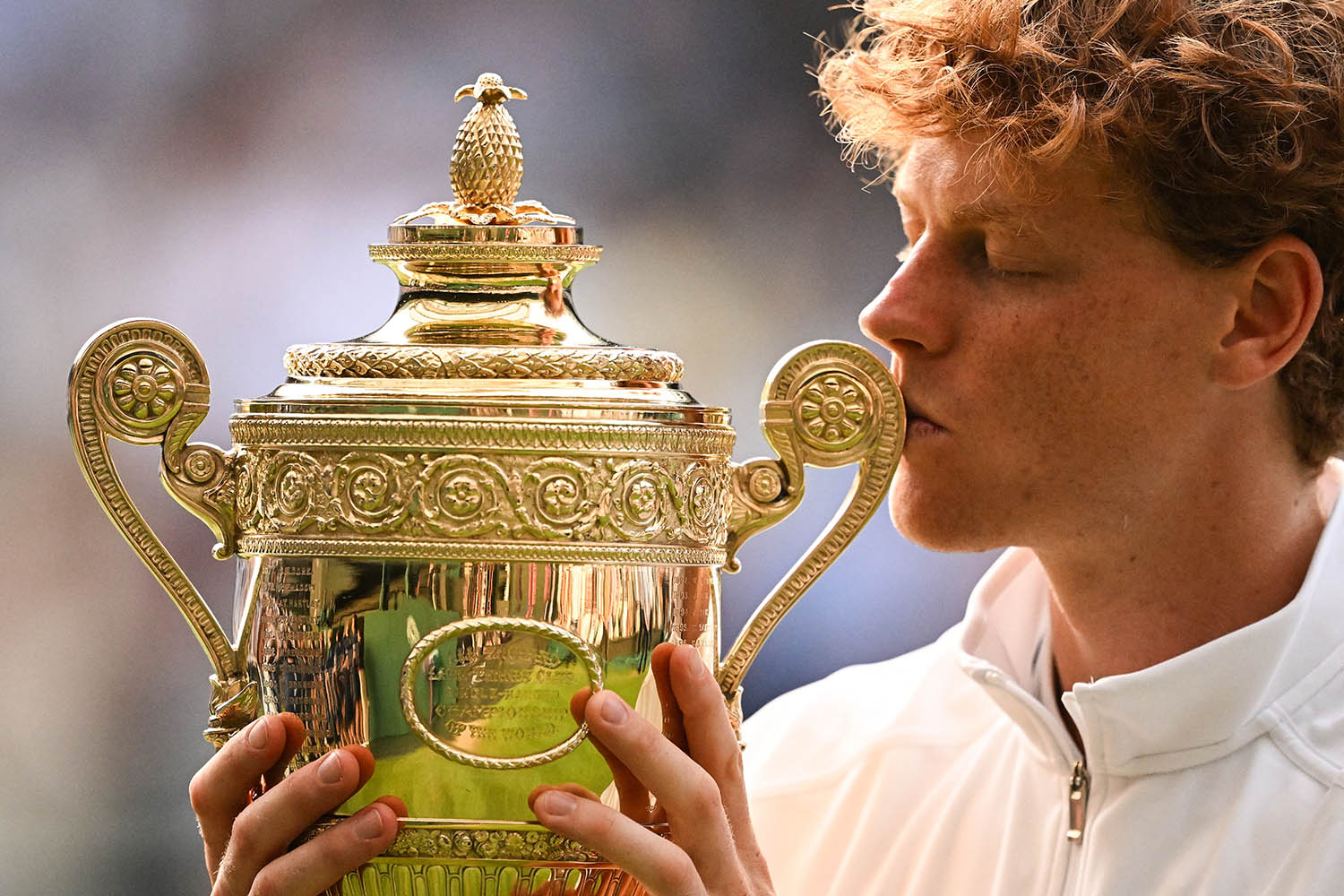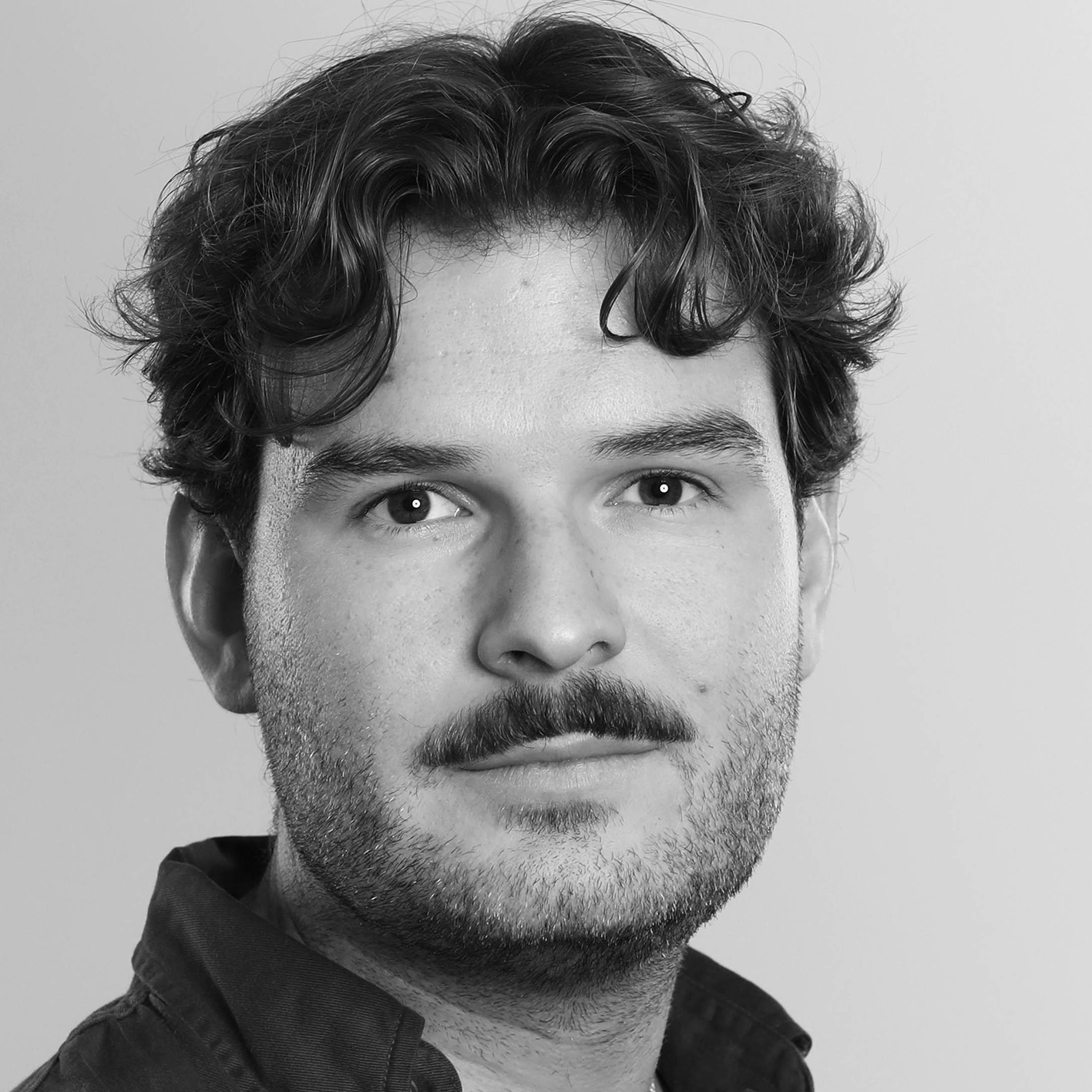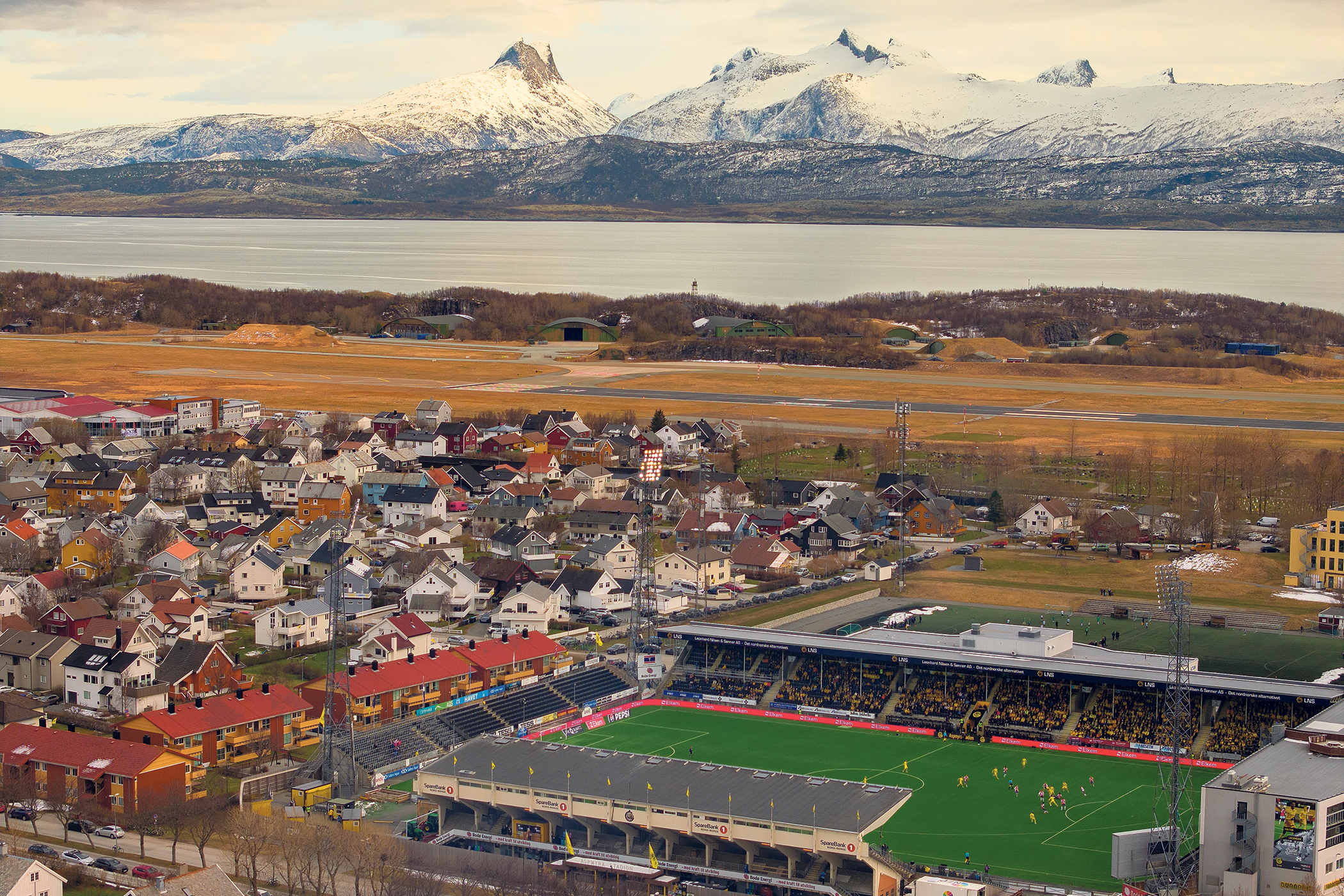Jannik Sinner held his arms aloft and froze, a momentary monument to himself, to his brutal mastery, to ruthlessness and resilience and recovery.
Never one for wanton displays of emotion, he settled for accepting Centre Court’s febrile adoration: know me, respect me, love me, for I am your god. I am the first Italian Wimbledon singles winner ever, the first person to beat Carlos Alcaraz in a grand slam final, victor in four of the past seven majors and destined to win countless more.
Catharsis, validation, victory, purging and proving. The temptation is to talk of revenge, but June’s Roland Garros final was so seismic as to constitute an irretrievable loss. That era-triggering, generation-defining feast of excellence chipped away a piece of Sinner’s soul he will never recover. Both he and tennis were irreversibly changed by that match. And yet somewhere within the self-flagellation and self-discovery, Sinner learned he could only control what came after. So he did.
Four sets that peaked early before declining into easy dominance at just over three hours, this will not imprint on the sport’s conscience and story to the same extent as that French Open showpiece, somehow disappointing simply by not being what came before. Yet there was good reason the cheapest resale tickets for this match retailed at $20,000 on the day, making it one of the most expensive sporting events ever.
This was still tennis that stole noises and emotions and evocations you were not quite prepared to let out, tennis that winded and exhausted. Alcaraz groaned like a mating elephant with every leap and lunge. The great and good went as feral as one can in a straw boater. Sinner, a man whose deepest emotions might well be inaccessible even to him, roared “LET’S GO” after saving a break point early in the second set, like hearing Camilla crack through “Total Eclipse of the Heart” on karaoke.
And the first two sets were won by two of the finest shots Centre Court has ever witnessed – a backhand slice from Alcaraz played while facing the stand, and a wicked whip cross-court from Sinner to equalise. A series of early errors, the obvious consequence of understandable nerves, seemed almost offensive, somehow against the spirit of relentless excellence. You can’t be pushing the boundaries of sport and/or human endeavour when you’re sticking it in the net, Jannik! Do better next time. Almost invariably, he did.
By the final set he found a rhythm Alcaraz had no hope of accessing, let alone breaking, like those videos of factory workers who spend so long performing a repetitive task they achieve an almost transcendental state.
There was the full Carlos Alcaraz Experience in here too. He both served dreadfully by the extraordinary standards of his recent servebot reimagining – including seven double-faults – and hit his fastest serve ever (140mph).
There were shots no other player could execute, and periods of lackadaisical underperformance inexcusable for any other player. Ultimately he was left waiting for a miracle which never came, seemingly forgetting he was the one supposed to be conjuring it.
Sinner has given so little of himself away either on or off the court, so gets cast as tennis’s Darth Vader, masked yet destructive, unerring and ruthless in his pursuit of world domination.
Newsletters
Choose the newsletters you want to receive
View more
For information about how The Observer protects your data, read our Privacy Policy
Part of this is self-defence, especially after his failed doping test for clostebol last August and subsequent ban earlier this season, a long shadow which will tarnish not just this victory but his career to the less trusting. Part of it is being 23, and naturally shy. Part of it is that he plays only for himself, so rationally focussed on success that he sees little need to cultivate a brand. It would only be a distraction, an unnecessary risk for a man who never takes unnecessary risks.
The final’s later start meant the third set and beyond was played in partial shade but still bathed in celestial light. This was both players’ 39th professional matches on grass, and only Roger Federer and Rafael Nadal had previously played both Channel Slam finals in the same season. Post-match, both players said they had little doubt they would be back here. They are so clearly the best of their generation on natural surfaces that this could become an annual tradition. What tradition it would be.
Andre Agassi, who watched on from the royal box, wrote in his autobiography: “If I’d have beaten Pete [Sampras] more often, or if he’d come along in a different generation, I’d have a better record, and I might go down as a better player, but I’d be less.”
Alcaraz and Sinner’s rivalry shares a similar depth and meaning, a sacred bond which will define them not just as players, but as people. Without one another, they would be wreaking the sort of reign of individual dominance that can destroy sports. Perhaps they would be considered better players. But they would be less.
Photograph by Kirill Kudryavtsev/AFP via Getty



